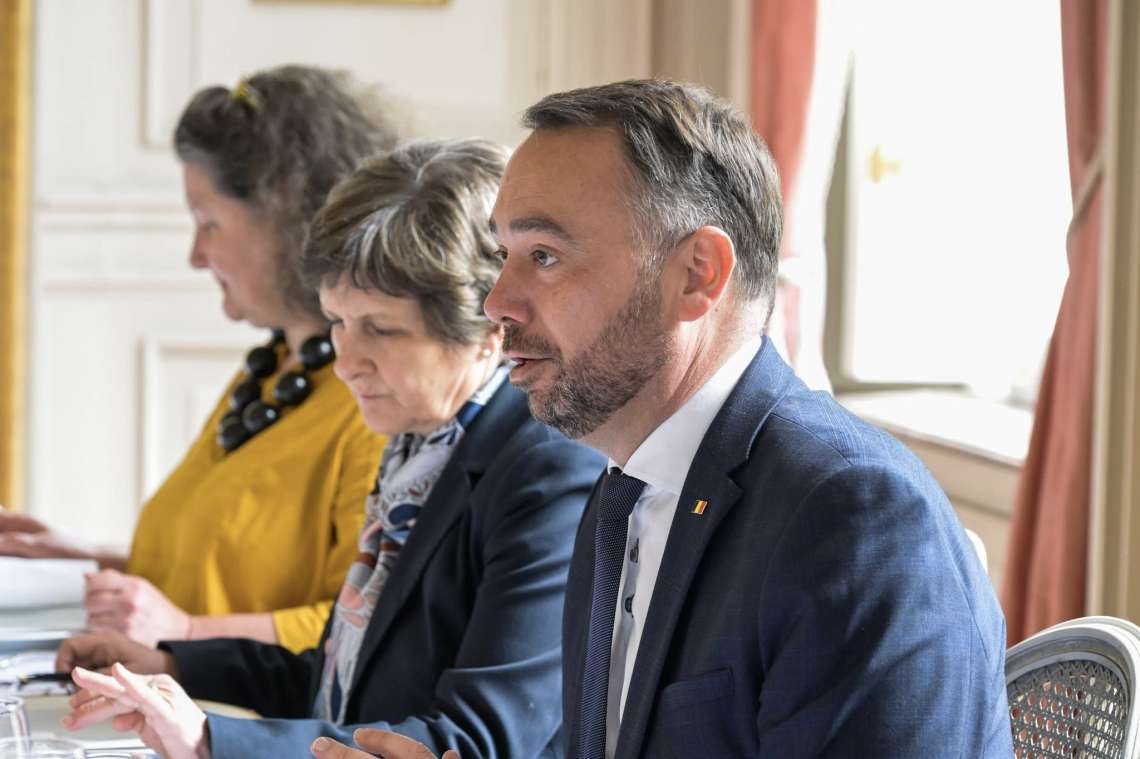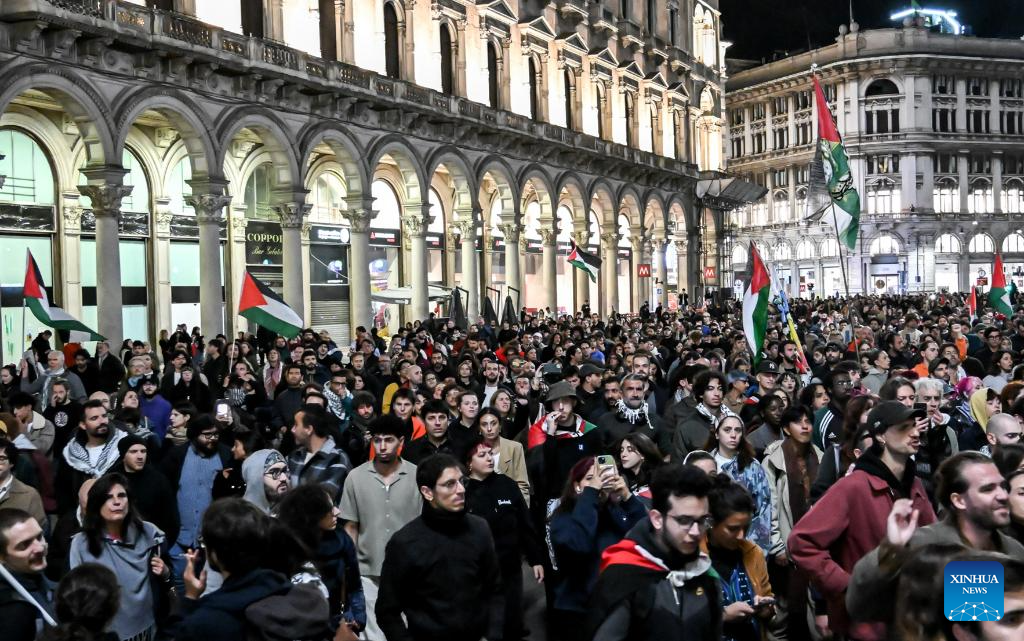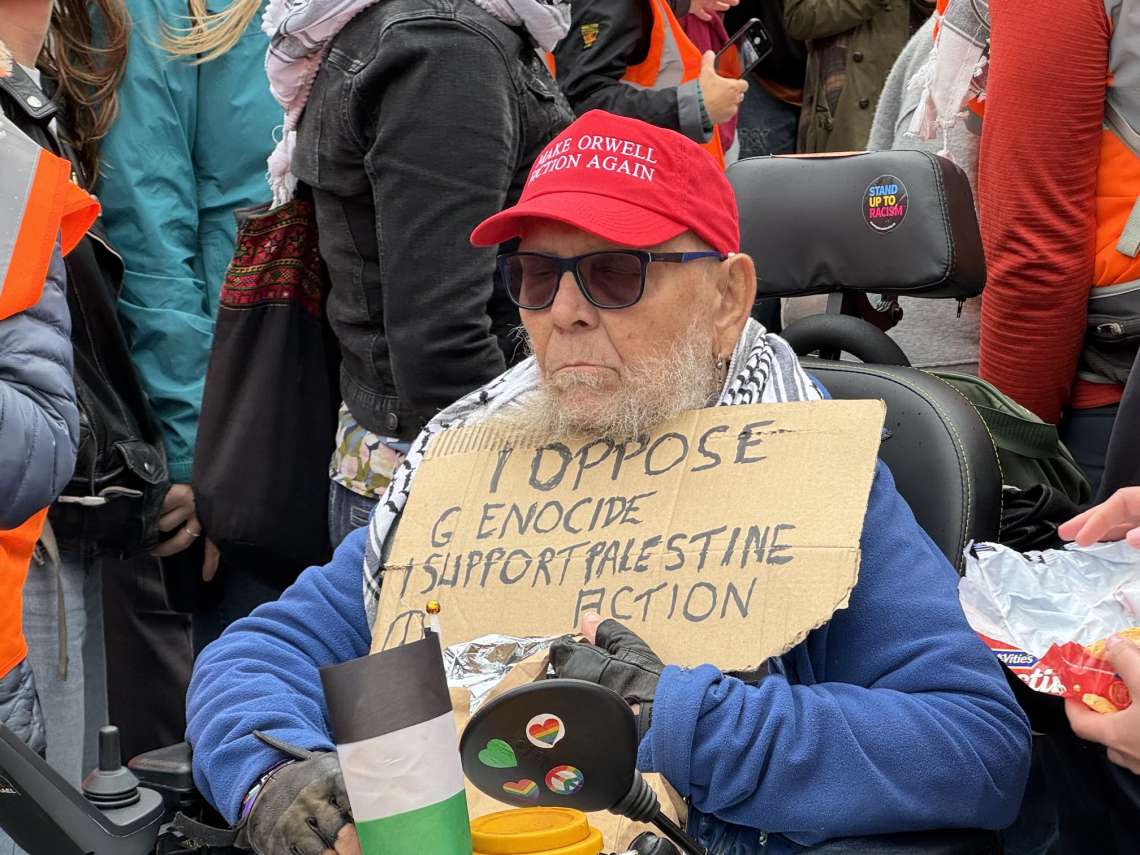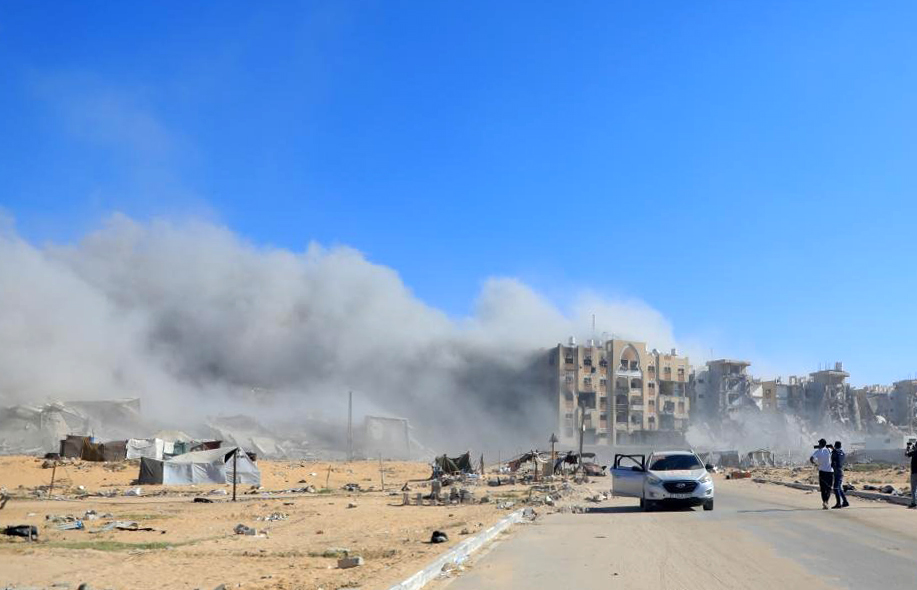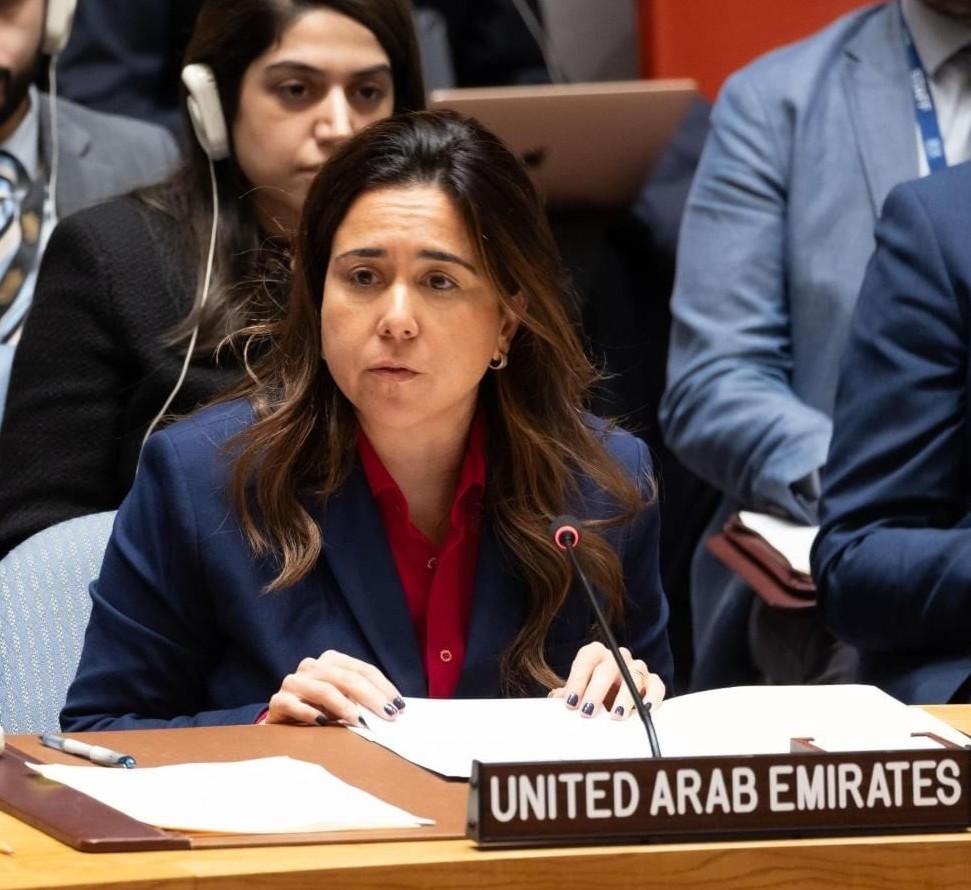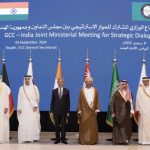Belgian Foreign Minister Maxime Prévot announced that Brussels will formally recognise the State of Palestine at the upcoming United Nations General Assembly session….reports Asian Lite News
Belgium’s decision to formally recognise the State of Palestine at the upcoming United Nations General Assembly session has been welcomed by regional blocs, Arab states, and several international powers, signalling a wave of growing support for the two-state solution amid the ongoing crisis in Gaza and deepening instability across the Middle East.
Belgian Foreign Minister Maxime Prévot announced on September 2 that Brussels would use the UN platform to endorse Palestinian statehood. In a statement shared on X, he declared, “Palestine will be recognised by Belgium during the UN session! And firm sanctions are being imposed on the Israeli government. Any antisemitism or glorification of terrorism by Hamas supporters will also be more strongly condemned.”
Prévot outlined a sweeping set of twelve sanctions to be imposed at the national level, including banning imports from Israeli settlements, revising public procurement rules, restrictions on consular assistance to Belgians living in illegal settlements, bans on overflights and transit, and the designation of extremist Israeli ministers, violent settlers, and Hamas leaders as persona non grata. He also announced that Belgium would push for measures at the European level, including suspension of the EU–Israel association agreement, research programmes, and technical cooperation.
Importantly, Prévot framed Belgium’s recognition within conditions: the release of Israeli hostages and the exclusion of Hamas from governance in Palestinian territories. He said these steps were necessary to ensure that Palestinian statehood emerged as part of a “credible, peaceful solution” rather than a further destabilising move.
GCC, OIC Welcome Belgian Move
The Gulf Cooperation Council (GCC) was among the first to hail Belgium’s announcement. Secretary-General Jasem Mohamed Albudaiwi described it as “reflecting increasing regional and international support for the two-state solution and embodying the principles and values stipulated in international charters and resolutions in support of the Palestinian cause.” He called on more states to follow Belgium’s lead and unite around a comprehensive peace based on the Arab Peace Initiative and UN resolutions.
The Organisation of Islamic Cooperation (OIC), headquartered in Jeddah, echoed these sentiments, calling Belgium’s decision “a significant step forward in affirming Palestinian rights to self-determination.” The OIC stressed that recognition along the June 4, 1967 borders with East Jerusalem as capital was essential, while urging other countries to support Palestine’s full membership at the United Nations.
Egypt also warmly welcomed Belgium’s declaration, describing it as “a historic step in support of Palestinian rights.” Cairo’s foreign ministry said the move reinforced international solidarity with the Palestinian people and underscored the urgency of a two-state solution as the only viable framework for a lasting peace. Egypt urged more nations to seize the moment to back Palestinian statehood, warning that delay only risked prolonging violence and instability.
Growing List of Supportive Nations
Belgium joins a mounting list of countries pledging recognition of Palestine in recent months. France, the United Kingdom, Canada, Australia, Malta, and San Marino have all announced their intention to recognise Palestinian statehood at the UNGA or by the end of 2025.
French President Emmanuel Macron confirmed that Paris would act at the UN session, while UK Prime Minister Keir Starmer linked recognition to Israel committing to a ceasefire and a political path to two states. Canada’s Prime Minister Mark Carney tied recognition to Palestinian democratic reforms and demilitarisation, while Australia framed its recognition within a commitment to both Palestinian rights and Israel’s security. Malta’s Prime Minister Robert Abela confirmed his country would stand alongside France and the UK in September, and San Marino signalled plans to do so later this year.
Several European states including Ireland, Spain, Slovenia, and Norway had already recognised Palestine earlier, while Finland and others have expressed support for recognition efforts.
Diplomatic Implications
Belgium’s recognition carries significance not only because of its EU membership but also because of the sanctions package it has announced. While some European nations have previously recognised Palestine, few have coupled recognition with such explicit measures against Israel. By banning settlement products, tightening procurement rules, and targeting extremist ministers and settlers, Belgium has sought to directly challenge Israeli policies deemed to violate international law.
Prévot underscored that these sanctions were “not against the Israeli people but against the policies of the Israeli government,” insisting that the measures aimed to compel respect for humanitarian law and alter conditions on the ground.
The alignment of European nations with Arab and Islamic blocs on the question of Palestinian statehood marks a rare moment of convergence, putting additional pressure on Israel as well as on Washington, which has historically resisted unilateral recognition moves.
The Road Ahead
For the Palestinian cause, Belgium’s recognition adds momentum to a broader diplomatic push ahead of the UNGA session. For the region, it signals intensifying demands that a credible pathway towards peace must be prioritised over continued cycles of war.
With the GCC, OIC, Egypt, and an expanding coalition of Western nations now rallying behind recognition, the symbolic and practical weight of Palestine’s quest for statehood appears to be reaching a decisive stage. Yet, with Belgium tying its recognition to conditions and with Israel warning of “severe consequences,” the months ahead may test whether these diplomatic moves translate into real progress or remain largely symbolic.


